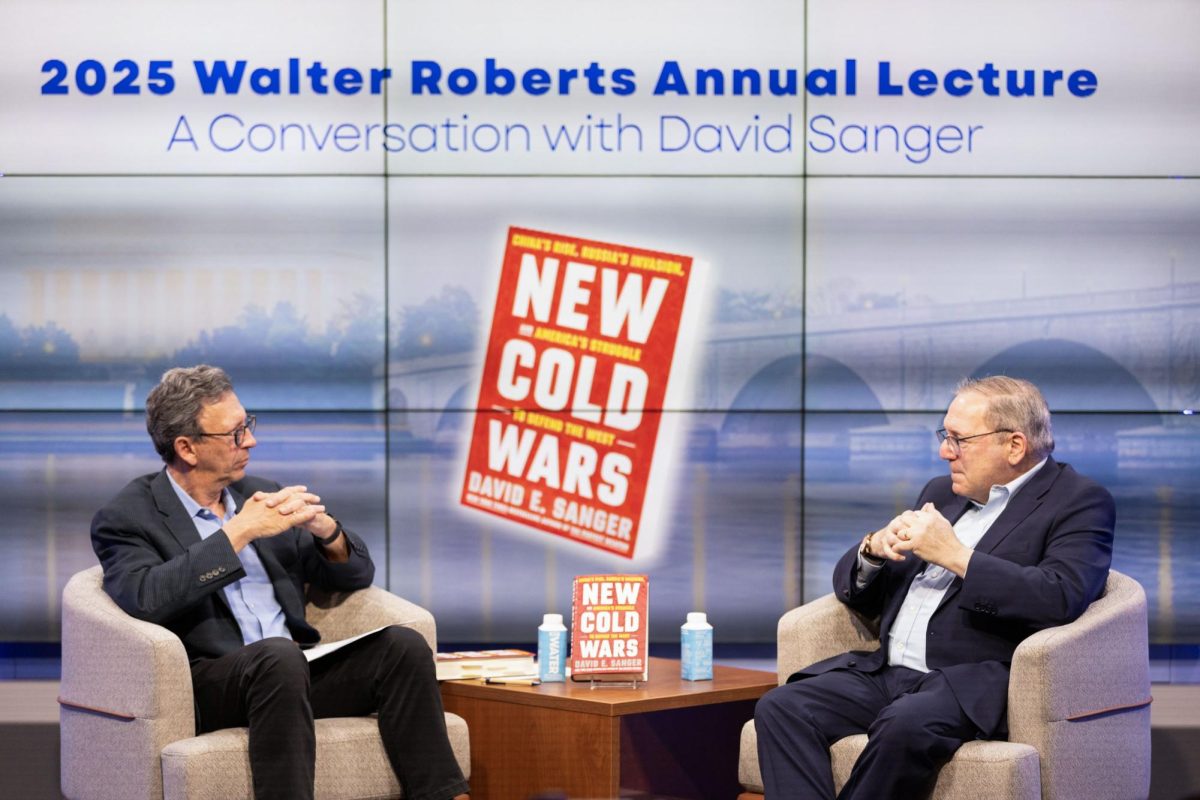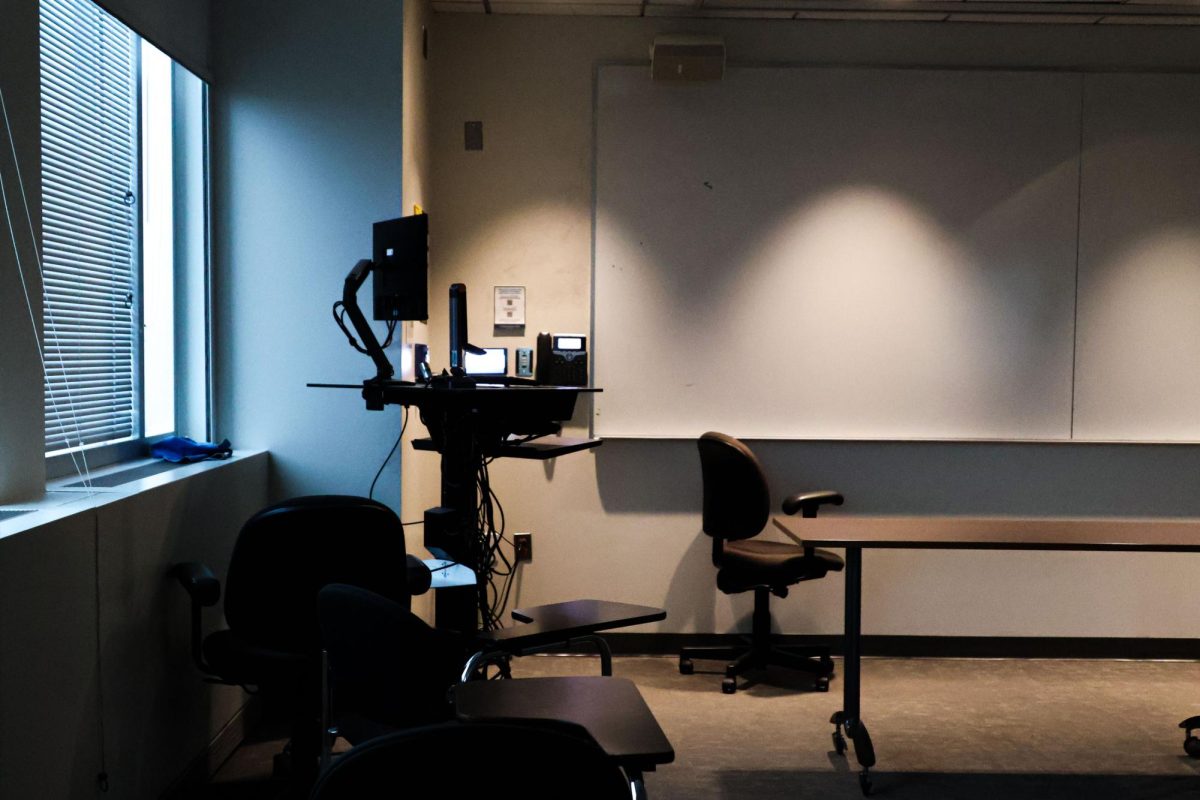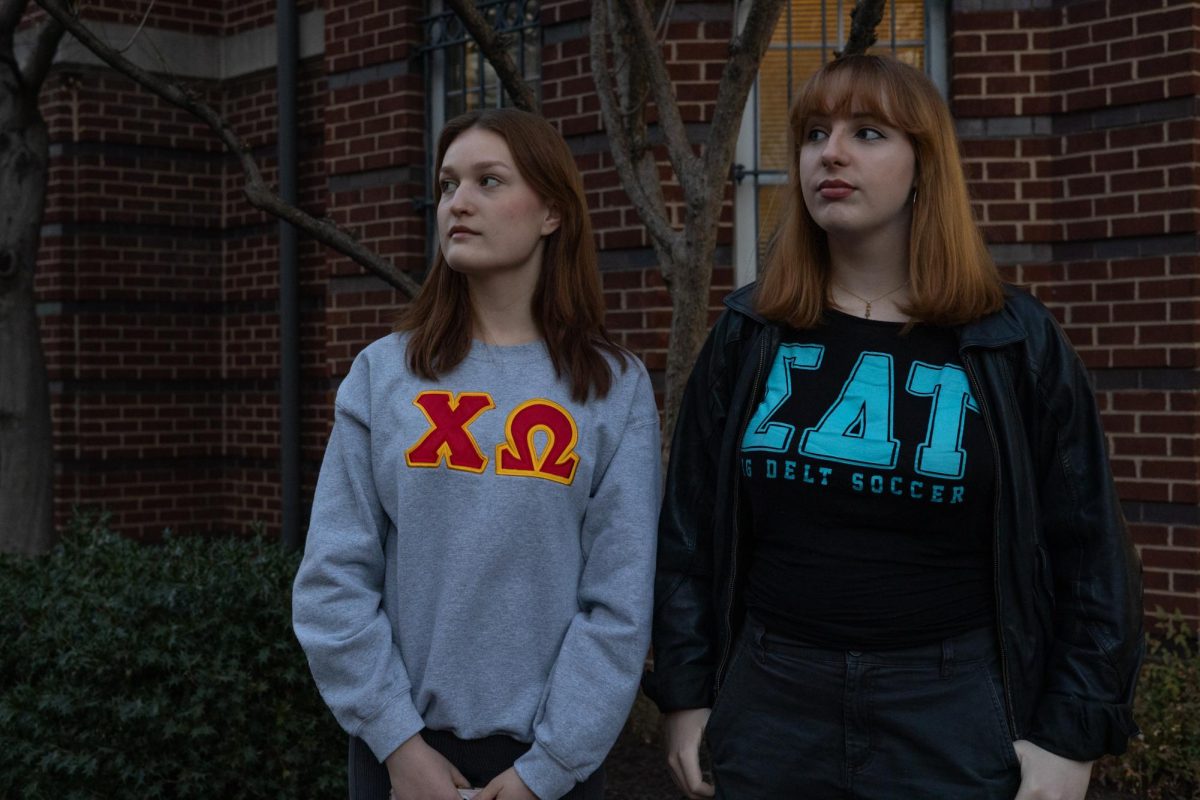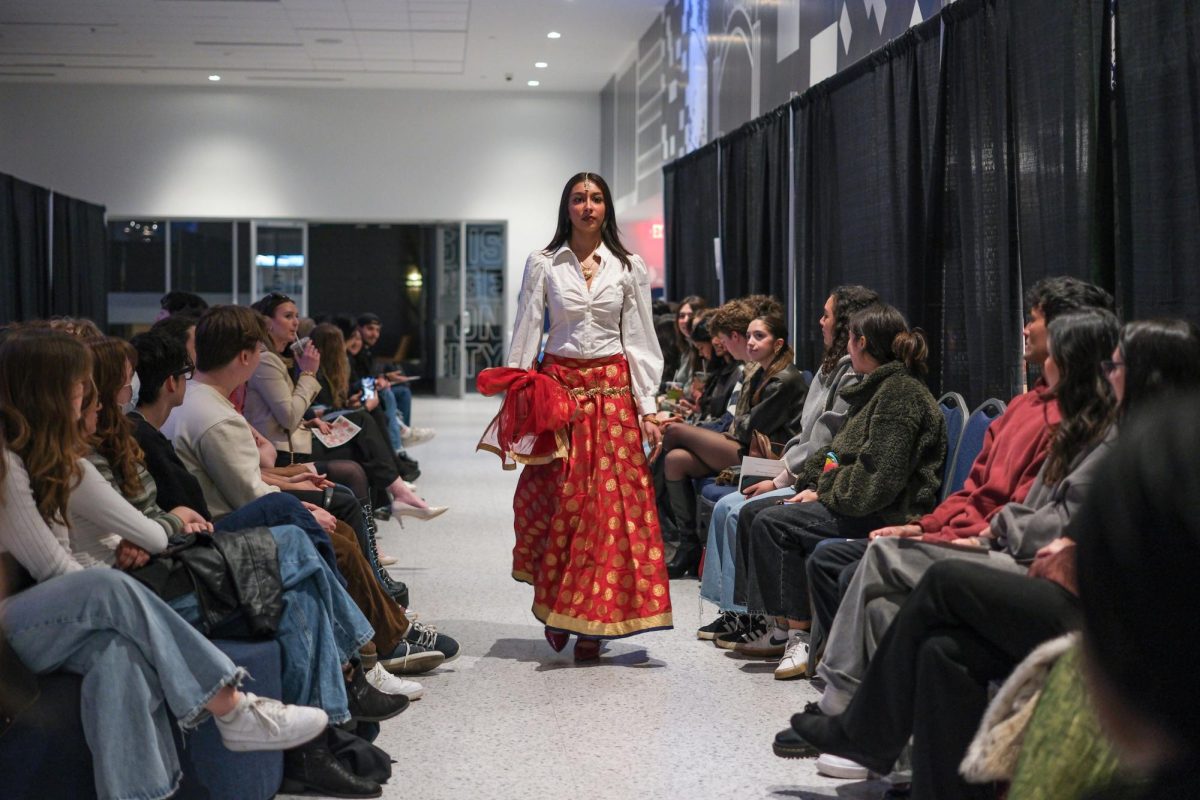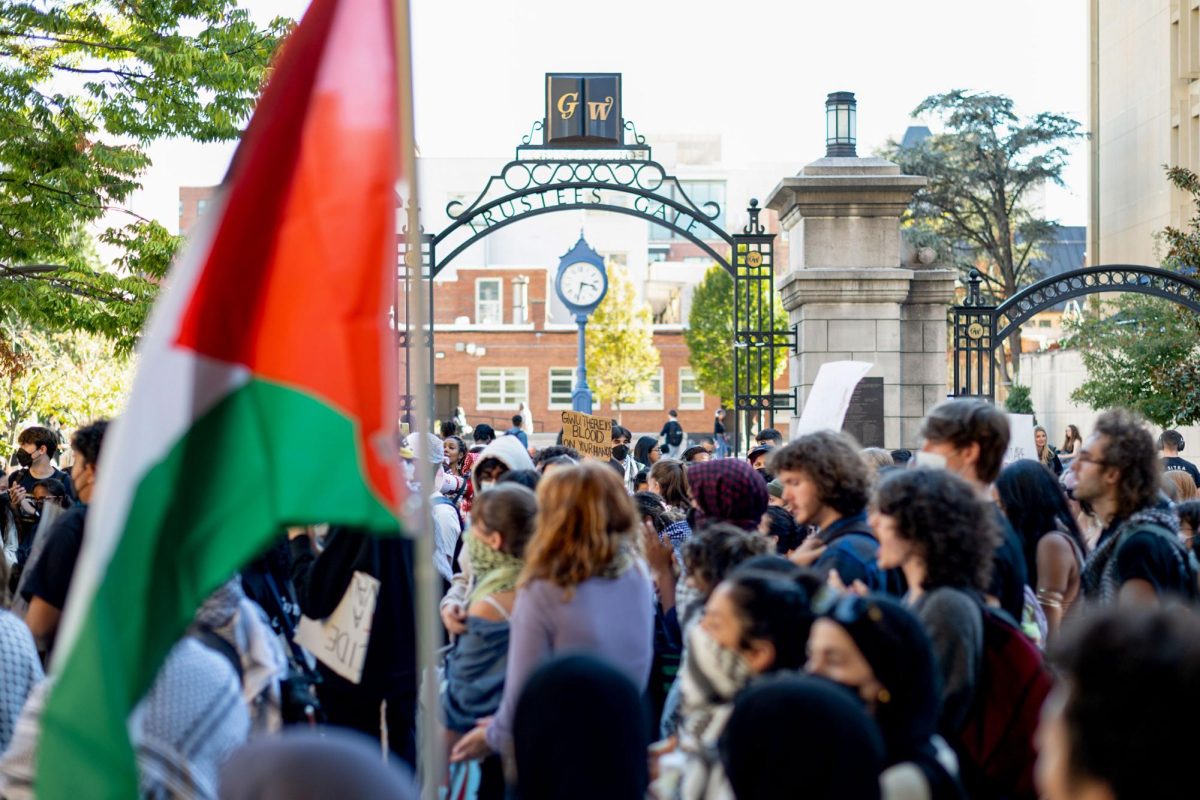The number of people participating in the Interfraternity Council’s first virtual formal recruitment period last month dropped by more than 50 percent compared to last year, officials said.
Continuing a two-year decline, 83 fewer men participated in formal fraternity recruitment in 2021 compared to 2020, officials said. IFC leaders said the decrease in potential new members allowed existing members to focus on building stronger connections with participants through online formal recruitment events, like virtual pizza and poker nights.
Colette Coleman, the senior associate dean of students, said 107 students participated in this year’s IFC formal recruitment, compared to 190 last year. She said the Office of Student Life supported chapters developing fully virtual recruitment plans by providing research gathered from peer institutions that were leading virtual recruitment processes and “guiding local chapter advisers.”
“We are impressed with the work of the Interfraternity Council executive leadership and of each of the chapters for their ability to adapt to the changes and run recruitment successfully in the virtual environment,” Coleman said in an email.
Seven chapter leaders did not return multiple requests for comment.
IFC President and junior Jon Shemano said about 70 students accepted bids from fraternities at the end of the recruitment process. He said at least six fraternities will conduct informal recruitment this semester for students who are interested in joining that individual fraternity.
He said although recruitment numbers are down, he expects numbers to “bounce back” if most students are allowed to return to campus in the fall.
“What convinced me [to join] was seeing brothers on campus, the chapters being active on campus,” Shemano said. “And that really was what persuaded me to at least take the lead and actually rush. But freshmen aren’t provided that opportunity right now, for obvious reasons, so people who went into college not thinking that they were going to rush have not been given a reason why they should.”
Junior Krupal Sharma, the president of Beta Theta Pi, said the chapter accepted 28 new members last month, the largest pledge class of IFC spring recruitment, through a mix of formal and informal recruitment. He said this year’s pledge class was above the chapter’s average class of 20 members.
He said planning virtual events was difficult, prompting the chapter to rely less on rush events like virtual game nights and more on learning about members in Zoom breakout rooms. He said the group focused on “just talking” with potential new members to learn about their passions and goals, which benefited both potential recruits and chapter members.
Sharma said the chapter hosted five events – three open and two invite-only – before accepting formal recruitment pledges. He said the chapter prioritized recruitment through its Instagram page, having members repost chapter events throughout this academic year, which he said many other fraternities did not do.
“A lot of fraternities, I believe, missed the mark by not genuinely learning about these kids because if you seem disinterested in them, they’re going to be disinterested in you,” Sharma said. “A big thing that separated us from other frats is that we talked about the things that we do as individuals and as Beta together. I talked about my classes and my job and everything like that.”
Junior Chris Osborne, the president of Tau Kappa Epsilon, said the fraternity recruited 15 new members during spring recruitment, triple what he expected for this semester’s recruitment. He said with fewer people rushing, he and other members focused more on learning about each recruit in small groups on Zoom.
Osborne said his chapter completed two online training sessions hosted by TKE national headquarters to prepare for the virtual recruitment process, including a five-hour online module and a meeting with a TKE recruitment specialist. He said these online sessions guided chapters through their recruitment plans by recommending questions to ask recruits and virtual events like a virtual game night on Zoom.
He said since TKE returned to campus only about three years ago, recruitment is a vital part of raising the chapter’s profile and numbers.
“We did our best to try to build connections early so that people will keep coming back to our events,” he said. “We wouldn’t see as many people come around this time, but that gave us more emphasis on just building those connections with people that did end up coming.”
Junior Andrew Ellis, the president of Sigma Chi, said about 60 potential new members attended the fraternity’s three open recruitment events, about 40 fewer than in previous years. He said not having a “campus presence” before recruitment was the fraternity’s biggest challenge in attracting potential recruits.
He said existing members used to promote the chapter before recruitment by connecting with underclassmen who they thought would fit in with the chapter in members’ classes.
Ellis said chapter leaders used social media platforms like Instagram to advertise their six online events, like a “bring your own pizza” event and game nights hosted through chat rooms on Discord.
“That’s the biggest thing that impacted us because going into rush we have a pretty good 10 or 15 guys who we would know already and who we know we want, whereas now, we had to meet everybody for the first time,” Ellis said.
Ellis said the chapter was not “comfortable” accepting freshmen in the fall during IFC’s first virtual informal recruitment period and did not host any events for them. He said at least 10 new members have joined the chapter so far, a change from their average 20-person pledge class.
“In a traditional setting in rush, we have almost 100 brothers meeting 100 guys, and it’s very easy to just meet a bunch of people and have a bunch of conversations, but in a Zoom setting we’re not going to get 100 and 100 on these calls,” Ellis said. “We might have 25 brothers there and there might be 30 to 40 PNMs. We ask a lot more of each brother in those scenarios, and I would say, for the most part, our whole chapter really exceeded expectations.”




